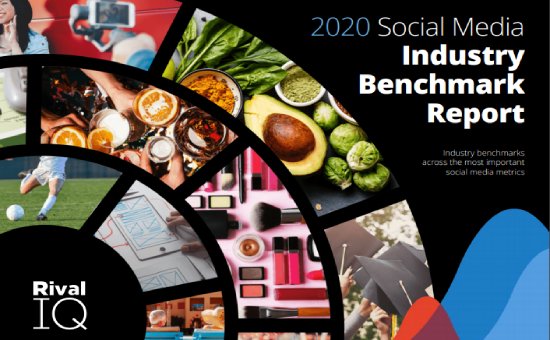The 2024 Influencer Marketing Report: Influencer marketing in 2027 | Sprout Social
Artificial Intelligence
|
Warning: Undefined array key 0 in /home/dmc/public_html/wp-content/themes/DMC/single-report.php on line 21
Warning: Attempt to read property "name" on null in /home/dmc/public_html/wp-content/themes/DMC/single-report.php on line 21
1- AI influencers will complement & coexist with human influencers
Consumers and influencers are not yet fully embracing AI influencers. Over half of consumers express distrust towards brands using AI influencers, or struggle to differentiate them from real people. However, interest in AI influencers rises to 46% among Gen Z. While many influencers fear losing partnerships to AI, 17% see the potential for AI influencers to enhance future collaborations.

2- “Authenticity” will become more of a buzzword than a strategy
Although overall trust in influencers is increasing, especially among younger consumers, Gen Z places less emphasis on “authenticity.” Only 35% value influencer authenticity compared to nearly half of Millennials, Gen X, and Baby Boomers. Younger audiences understand the transactional nature of influencer marketing but find value in how influencers demonstrate product use in their lives. This contributes to Gen Z and Millennials making weekly or monthly purchases based on influencer recommendations.

3- Influencer marketing will expand beyond social media
Consumers are more inclined to buy from brands collaborating with influencers on projects beyond traditional social media, like in-person events, brand trips, or multichannel ad campaigns. As the role of a spokesperson evolves, influencers are increasingly taking on positions once reserved for actors, athletes, and other cultural icons.

Explore emerging trends in influencer marketing. Download the full report for 2027 Predictions.
- 1- AI influencers will complement & coexist with human influencers
- 2- “Authenticity” will be more of a buzzword than strategy
- 3- Influencer marketing will go beyond social media
- The bottom line
- About the data
- About Sprout Social
Number of Pages:
- 8 pages
Pricing:
- Free
Warning: Undefined array key "sidebar_ads" in /home/dmc/public_html/wp-content/themes/DMC/functions/helpers.php on line 824






